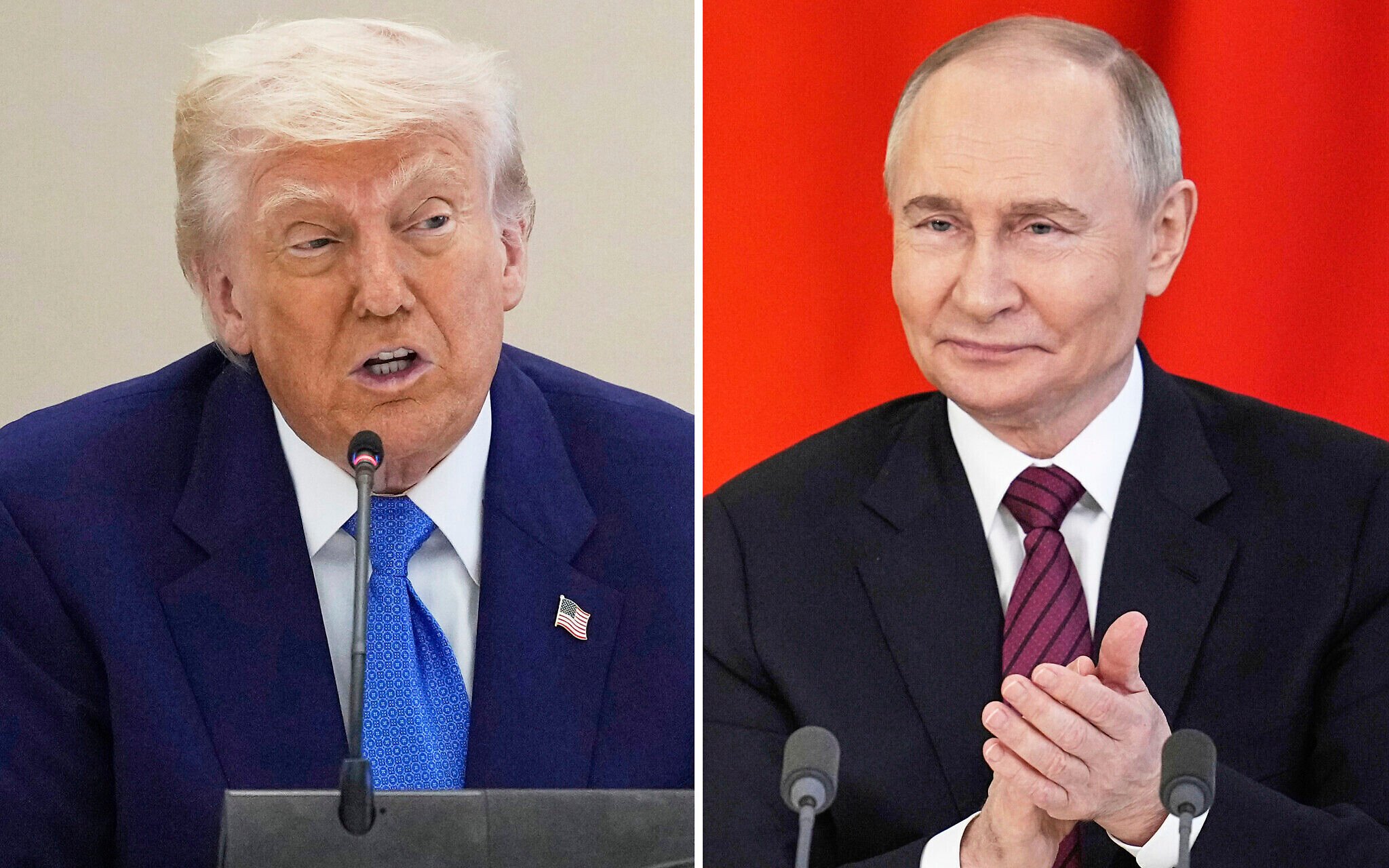It’s tempting to believe that Donald Trump’s latest rhetoric on Russia signals a pivot—a decisive break from his earlier flirtations with Vladimir Putin’s regime. The idea that he’s finally seen through Putin’s posturing, as some suggest, feels like a tidy narrative. After all, the former president’s recent comments, including a leaked boast about threatening to “bomb the hell out of Moscow,” seem to mark a shift from his once-cozy view of Putin as a strongman he could charm. But let’s not kid ourselves. Trump’s approach to Russia, much like his broader foreign policy, thrives on unpredictability, not principle. And that’s precisely why it’s hard to take his tough talk seriously—or to expect it to reshape the grinding war in Ukraine.
The notion that Trump might now be “disappointed” with Putin, as suggested in recent discussions, doesn’t quite add up. For one, his admiration for autocrats like Putin has always been less about personal trust and more about a shared affinity for unchecked power. Trump’s frustration, if genuine, likely stems from Putin’s refusal to play ball in the grand deal-making theater Trump imagines himself directing. The problem is, Putin isn’t a businessman closing a real estate deal; he’s a dictator with maximalist goals—denazification, demilitarization, and the erasure of Ukraine’s sovereignty. These aren’t bargaining chips. They’re non-negotiables. And Trump, for all his bluster, seems to misread this as a failure of rapport rather than a clash of irreconcilable aims.
What’s more troubling is the gap between Trump’s rhetoric and the reality on the ground. His reported shift toward supporting Ukraine with weapons—reversing a brief pause in supplies—sounds promising, but it’s muddied by his own contradictions. Just months ago, he was floating a “humanitarian peace” that would’ve frozen the conflict, rewarding Russia’s aggression by default. Now, we’re told he’s ready to back Ukraine more robustly, perhaps even contemplating offensive weapons. But the distinction between “defensive” and “offensive” is blurry at best—F-16s or HIMARS can be both, depending on how they’re used. The real question isn’t about the weapons’ label but whether Trump can commit to the consistent, predictable support Ukraine needs to counter Russia’s relentless attrition. So far, his track record suggests otherwise.
Then there’s the CNN leak about Trump’s Moscow bombing threat. It’s easy to dismiss as campaign-trail bravado, the kind of hyperbole he’s long wielded to project strength. But it’s also a reminder of how Trump’s impulsiveness can destabilize as much as it intimidates. From Russia’s perspective, this is just noise—another data point in Trump’s erratic pattern, not a credible escalation. Putin, after all, has weathered years of Western sanctions and military setbacks without blinking. The idea that he’d buckle under Trump’s threats, especially when backed by China’s quiet but critical support, is fanciful. If anything, Russia’s recent intensification of drone and missile strikes on Ukraine shows Putin doubling down, not wavering.
The deeper issue lies in what this moment reveals about the war’s trajectory. Ukraine’s bold operations—destroying Russian aircraft and striking deep inside Russian territory—are impressive, but they haven’t yet forced Putin to rethink his strategy. His resolve, fueled by a mix of nationalist fervor and authoritarian control, remains intact. The suicide of a sacked Russian minister in Kursk, amid corruption scandals and Ukrainian incursions, might seem like a crack in the elite facade. But it’s more likely a warning to others: step out of line, and you’re done. Putin’s grip on power isn’t loosening; it’s tightening, even as the war’s costs mount.
For all the talk of Trump’s newfound clarity, the war in Ukraine remains stuck in a brutal stalemate. Neither side has the means for a decisive victory, and both have reasons to keep fighting—Ukraine for its survival, Russia for Putin’s imperial vision. Sanctions, even if ramped up, won’t topple Putin overnight, especially with China and others propping up his economy. Trump’s threats, meanwhile, risk being just another fleeting spectacle—bold words that evaporate without sustained policy to back them up.
What should be a wake-up call is how little has changed. Ukraine fights on, bleeding but defiant. Russia grinds forward, betting on Western fatigue. And Trump, ever the showman, seems to think he can will a resolution into existence through sheer force of personality. You get the picture: a complex war, a volatile leader, and no easy end in sight. The real tragedy is that Ukraine’s fate hangs not on Trump’s epiphanies but on whether the West can muster the patience and resolve to match its courage.
